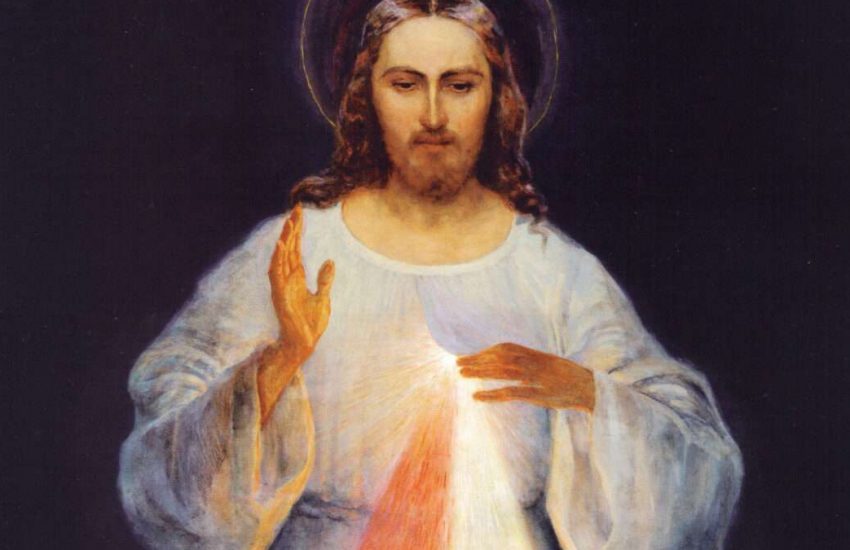God Wants Your Heart
32nd Sunday in Ordinary Time (B)
This Sunday’s gospel reading has Jesus watching people donate money into the Temple treasury. He sees many rich people put in large sums, but when a poor widow comes by and puts in two small coins, worth just a few cents, Jesus declares that she has put in more than all the others combined. The rich gave from their surplus, but the widow gave from her poverty.
Generosity is about more than the bottom line. Whether we are speaking of money, time or talent, different people will have different capacities to give. If a multi-billionaire donates a million dollars to charity, that may make headlines (and no doubt be greatly appreciated by the recipients), but what did the gift really cost the giver?
By contrast, imagine a homeless man with only $10 to his name. He goes to McDonalds for lunch and sees someone outside begging for food. Without hesitating, he gives him $5 so that they can both have something to eat. Even though his gift is of a much smaller dollar amount, it is more generous because the poor man had to give half of all he had. It cost him more to make his gift than it cost the billionaire to make his.
But Christ is teaching us about more than percentages. He’s teaching us that God wants more from us than our material goods. God wants our heart. Even though the widow’s gift was monetarily worth less than everyone else’s, it pleased God more because it showed her generosity of heart.
Time and again in the scriptures, God reminds us that while things such as tithing and observing the commandments are important, what he really wants is our heart. The purpose of religious observances is to help us learn how to give our hearts more fully to God. They are a means, not an end in themselves.
For example, in Psalm 50, God rebukes the people of Israel, saying, “I need no bullock from your house, no goats from your fold. For every animal of the forest is mine, beasts by the thousands on my mountains… Were I hungry, I would not tell you, for mine is the world and all that fills it. Do I eat the flesh of bulls or drink the blood of goats? Offer praise as your sacrifice to God” (Ps 50:9-14a). God does not need our material gifts; rather our material gifts are a means for us to offer God the praise of our heart.
This principle holds true even in the moral life. One thing we do at Catholic Campus Ministry at WCU is to gather after our Sunday Mass for Credo, our catechetical discussion series. We have recently began to discuss Catholic moral teaching, and as we learn about “the rules” of morality, it would do well for us to remember this principle. The moral life is not about just following rules. It is about helping us grow in virtue, grow in holiness, and give our hearts more and more to God. The rules are just a means to an end.
There is a passage in Matthew’s gospel where our Lord speaks of the importance of the commandments. But then he lifts the veil and shows us what following the commandments is really all about. He says that it’s not enough to simply not commit murder; you shouldn’t hate. It’s not enough to simply not commit adultery; you shouldn’t lust (see Mt 5:17-30). He shows us the purpose of the law. He shows that God doesn’t want just cold observance of “the rules” but a true transformation of our hearts.
This transformation takes time, but it is possible. I can tell you from personal experience that the greatest distance in the universe is often the distance from our head to our heart. It is one thing to know what is right. It is another thing entirely to truly desire to do it. As we grow in virtue, it can seem that our mind (what we know we should do) and our will (what we desire to do) can be at war with one another.
Even St. Paul experienced this struggle. He writes in his letter to the Romans, “What I do, I do not understand. For I do not do what I want, but I do what I hate… I do not do the good I want, but I do the evil I do not want” (Rom 7:15-19). When we struggle with our own disordered desires, we can take heart that we are in the company of great saints who endured the same struggle!
We have to keep up the good fight! We must train our wills, day by day, through little acts of charity and penance, to want the good that our mind knows we should want. By doing so we learn to be patient with ourselves and others, and to rely more and more on God’s great mercy. Humbled in this way, we become like the widow as we give our hearts to God, not from spiritual excess, but from spiritual poverty.
“Blessed are the poor in spirit, for they shall see God” (Mt 5:3)



